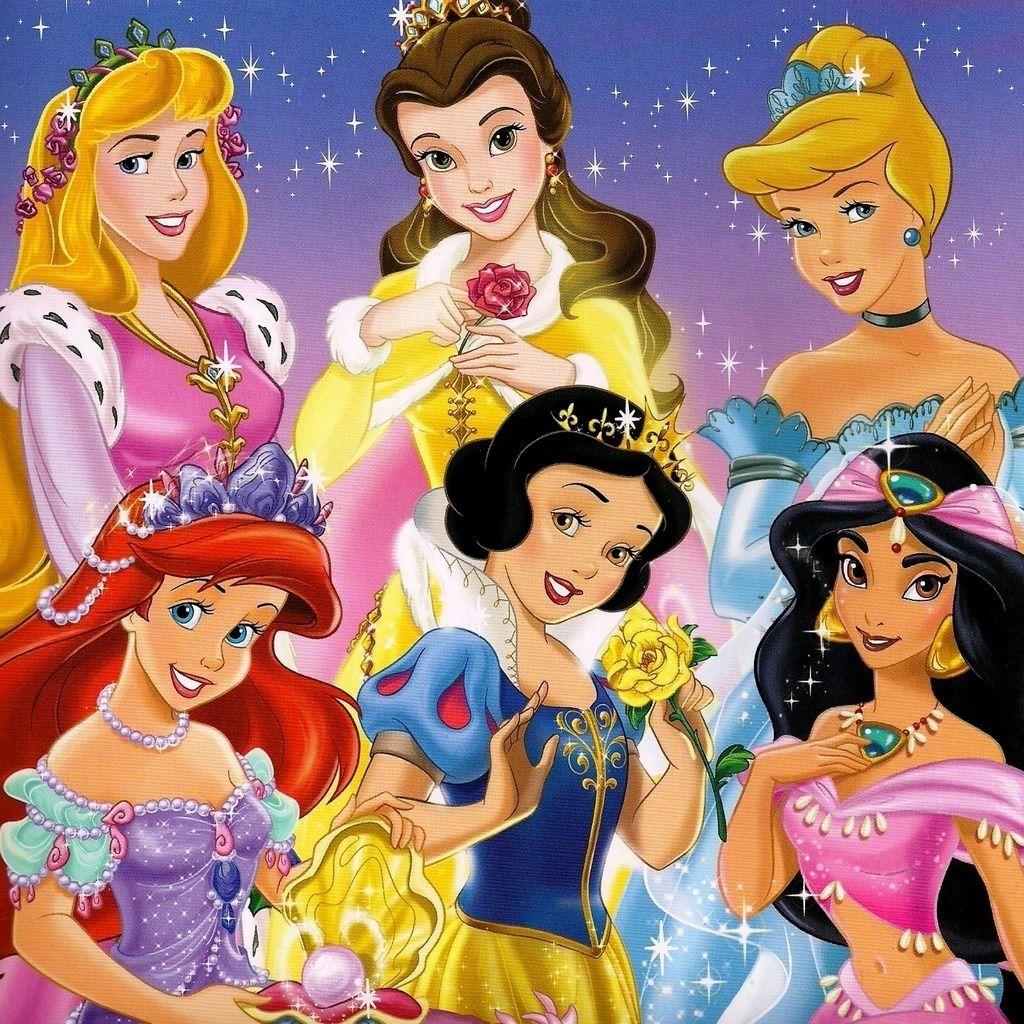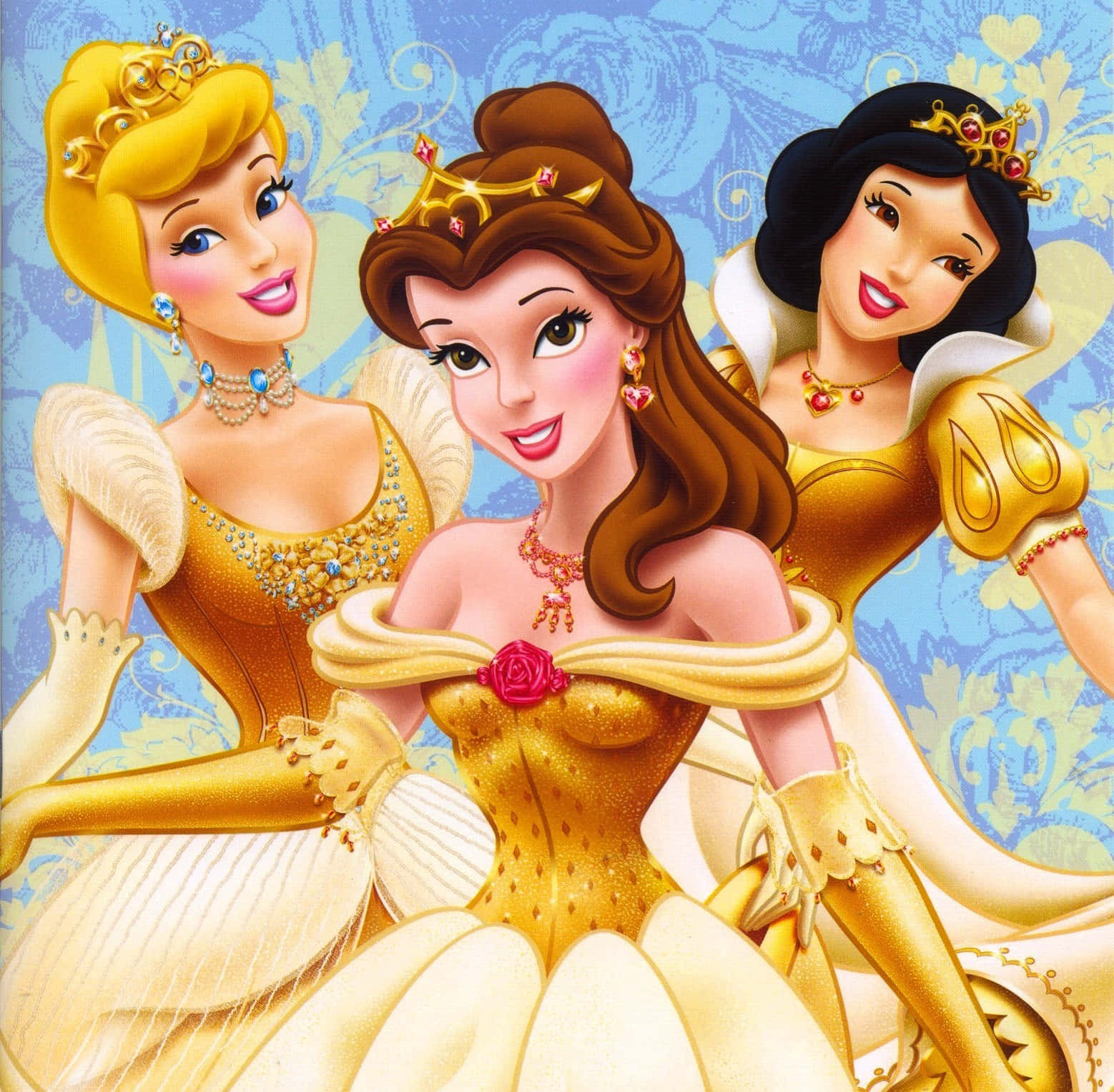Is The Princess Of Wales Missing - Public Interest And Royal Language
There is, you know, a constant stream of interest surrounding figures who hold a public position, especially those connected to royal families. When questions pop up about someone's presence, like "is the princess of wales missing," it really does tend to get people talking. This kind of chatter, in a way, shows how much people care about what happens with well-known individuals, and how quickly information, or even just questions, can spread among us all.
We often use different kinds of words to talk about these people, you know, from their official titles to more casual ways of referring to them. It's interesting how a simple phrase, or perhaps a question about someone's whereabouts, can spark so much discussion, actually. The way we speak about public figures, and how those figures are addressed, like with a formal "milady" or something a little less formal, really shapes our view of them.
So, then, when a question like "is the princess of wales missing" comes up, it's not just about what is happening; it's also about how we, the public, engage with the lives of people who live in the public eye. It shows, too it's almost, how much curiosity exists and how quickly people want to know more, or simply just want to talk about what they are hearing. This look at how we discuss public figures can tell us a lot about our own interests and how information gets shared.
- Who Is That Guy
- What Do Alligators Do During Hurricanes
- Fat Jew
- What Year Did Gypsy Kill Her Mom
- Survivor 30
Table of Contents
- The Role of a Princess in Public Life
- What Does "Princess" Mean in the Public Eye?
- How Do We Talk About Public Figures?
- Is Public Discourse Around is the princess of wales missing Different?
- Historical Echoes of Royal Presence
- Has Public Interest in Royal Figures Always Been This Intense?
- The Power of Perception and Public Questions
- What Does the Question "Is the princess of wales missing" Tell Us About Public Interest?
The Role of a Princess in Public Life
When we think about a "princess," you know, it often brings to mind a certain kind of public role, one that has been around for a very long time. This is not about specific personal details, as we cannot create or assume those, but rather about the general idea of what a princess represents in the eyes of the people. From historical figures to characters in stories, the idea of a princess has always carried a certain weight, a kind of public expectation. For example, the term "milady," which came into use around 1778, was a way of speaking about or to an English lady of high standing, showing how language itself has long been used to mark out those in important positions. It's a bit like how "mister" can be a part of a title, or a full title, when it is tied to a certain place or job. These words show us that titles are not just labels; they carry meaning about a person's standing and what they do in the public eye. So, when someone asks "is the princess of wales missing," it connects to this long history of public figures and the way we talk about them.
The public role of someone like a princess is, in some respects, shaped by how people see them, how they are talked about, and even how they are imagined. Think about how someone might say, "She dressed herself up as though she were a little princess," or "She wishes she were a little princess." These phrases show us that the idea of a princess is not just about a real person, but also about a dream or a way of being. It is that kind of connection to public imagination that makes questions about a princess's presence so interesting to so many. The public has, you know, a way of feeling a connection to these figures, almost as if they are part of a larger story that everyone is following. This general idea of a princess, whether it is a real person or a character, holds a place in our collective thoughts, which makes their public appearances, or lack thereof, a topic of conversation.
The way we address or refer to people in these positions, too it's almost, has a long history. We have seen how terms like "milady" were used to address or speak of someone with a certain standing. Similarly, the way we use "princess" itself, or even informal versions like "lil'" (which is a short form of "little" and sometimes capitalized for a name), shows the different ways people relate to these figures. When people talk about "Princess Alice of Athlone," for instance, it's clear there's a specific person being referenced, someone whose life was intertwined with public events, like the 1953 coronation, which my father helped put together. These connections, you know, between a person and public events, make their visibility, or any question about it, a matter of broad interest. So, when people ask "is the princess of wales missing," it comes from this long-standing public interest in those who hold important places in society.
- Seventeen Again
- Who Is Matt Leinart Married To
- Is Lady Gaga Jewish
- Glove Brush Cat
- Victoria Secret Model
What Does "Princess" Mean in the Public Eye?
The very word "princess" carries a lot of different ideas, you know, depending on who is saying it and in what situation. It is not just a simple title; it holds a place in our stories, our history, and our general way of thinking about royalty. For example, when someone speaks of "Princess Leia," they are talking about a character who faced challenges and stood up against big powers. This shows that the word "princess" can mean strength and a willingness to oppose things, not just a quiet, gentle figure. So, when a question like "is the princess of wales missing" comes up, the word "princess" itself adds a certain weight to the question, making it more than just about any person; it is about someone who holds a special place in public thought. The title itself, then, is a part of how we see and talk about these individuals.
The way titles are used, actually, can be quite particular. We know that "milady" was a specific way of addressing or speaking about an English lady, showing respect and recognition of her position. Similarly, the use of "mister" can be tied to someone's job or status, indicating a specific role. These examples from our language show that words used for titles are not just random; they are chosen to show a person's standing and their connection to a certain way of life. When people talk about "is the princess of wales missing," the very use of "princess" in that question points to a person whose life is, you know, usually very much in the public view. It highlights the general expectation that a person with such a title will be seen and known.
The Shifting Meanings Around is the princess of wales missing
The meaning of words, too it's almost, can shift a little bit depending on how they are used. Take the word "lil'," which is a short way of saying "little," and sometimes it is even capitalized when it is part of a name. This shows how language can be informal and adapt. When we think about how people talk about public figures, especially when a question like "is the princess of wales missing" arises, the language used can be formal or quite casual. It is interesting how the public uses different forms of speech to talk about the same person, reflecting various levels of closeness or distance they feel. The way a word is used, whether it is a formal title or a short, friendly version, really shapes the feeling around the conversation. This shows that the words we pick, even simple ones, have a lot of meaning in how we discuss public life.
Sometimes, you know, we see language used in ways that might seem a little bit inconsistent, especially in public talk. There are times when people might say one thing but then act in a different way, which can be a bit confusing. This is a bit like the idea of people who talk about things not being fair in certain situations, but then they go ahead and do those very things when it suits them. This kind of difference between what is said and what is done can also show up in how public figures are discussed. When questions like "is the princess of wales missing" come up, the way people talk about it, and what they expect, can sometimes feel like it has different layers to it. The language we use, and the way we use it, often shows more than just the plain facts; it shows feelings and opinions too, you know, which adds to the general interest.
How Do We Talk About Public Figures?
The way we talk about people who are in the public eye is, you know, a very interesting thing. We often use specific words or phrases, and sometimes these words can even become short forms, like "lil'" for "little," which is often seen in names. This shows how language adapts to fit how we want to speak about someone. When we discuss public figures, the choice of words can reflect respect, curiosity, or even a sense of connection. For example, when someone says "get up offa that" at a concert, it is a very direct and active way of speaking, and it shows how language can be used to get a reaction. So, when people ask "is the princess of wales missing," the very phrasing of the question tells us something about the public's engagement and their desire for information about someone they feel connected to. It is all about how we use words to express our interest.
Sometimes, you know, the way we speak can even be, in a way, grammatically different from what might be considered standard. We might hear phrases that are common in everyday talk but might not follow all the rules of grammar books. This is just how language works in real life; it changes and adapts to how people actually speak. When it comes to talking about public figures, especially when a question like "is the princess of wales missing" is on people's minds, the conversation often happens in a very natural, conversational style. People are not usually thinking about strict grammar rules; they are just trying to get their point across or ask their question. This informal way of talking is actually a very important part of how public discussions happen, showing how fluid language can be when people are curious and engaged.
The way we talk about things that might seem unfair, too it's almost, is another interesting part of public conversation. There are times when people speak about how things are not right, perhaps in a war, but then those same people might do things that seem to go against what they just said. This kind of difference in what is said and what is done is a part of human behavior, and it can show up in public discussions about figures like a princess. When questions arise, like "is the princess of wales missing," the conversation might involve different points of view, and sometimes, those views might seem a little bit at odds with each other. It is just how public discourse often works, with many voices and many different ways of seeing things. This makes the overall conversation very rich and varied, with lots of different ideas floating around.
Is Public Discourse Around is the princess of wales missing Different?
When questions about a public figure's presence, like "is the princess of wales missing," come up, the way people talk about it can feel a little different, you know. It is not just a simple exchange of facts; it often involves feelings, hopes, and even worries. The language used tends to be more personal, even when people do not know the person directly. For example, when someone says "she wishes she were a little princess," it shows a personal feeling or a dream connected to the idea of a princess. This kind of emotional connection can make the conversation around a public figure's visibility much more layered and meaningful to the people discussing it. It is that human element, the shared interest and feeling, that makes these discussions stand out from everyday talk about other things.
The use of certain words, too it's almost, or even the way sentences are put together, can change when the topic is a public figure. We sometimes hear phrases that show a kind of imagined closeness, like "he orders me about as if I were his wife," even when that is not the actual situation. This shows how people use language to express a feeling, or to imagine a different kind of relationship, even with someone they do not know personally. So, when people are talking about "is the princess of wales missing," the language they use might not always be strictly formal or factual. It might include expressions of concern, or curiosity, or even just a general sense of wondering. This makes the public talk around such a question very much about shared human interest and the stories we tell ourselves and each other.
Considering the Language Used When is the princess of wales missing
The language people use when a question like "is the princess of wales missing" comes up is, you know, often very telling. It is not just about the words themselves, but also about the way they are put together. For instance, we might see how the word "designate" is used as a noun, meaning a chosen person for a role, rather than as a verb describing an action. This shows how language can be precise in its meaning, even when talking about general ideas. When people are asking about a public figure, their choice of words, whether they are very direct or more suggestive, can show their level of concern or just their general interest. The way a question is phrased, then, really shapes the kind of conversation that follows, and it can show a lot about what people are thinking and feeling. It is that kind of careful use of words that helps shape public opinion.
We also see, actually, how language follows certain rules, even for words that seem common. For example, when we make words like "princess" plural, we add "es" to get "princesses," and not "princesseez." This shows that there are standards for how we use words, even in everyday speech. When people are discussing something as important as "is the princess of wales missing," they typically use language that is widely understood, even if it is conversational. The way words are formed and used correctly helps everyone understand each other, which is very important when a topic is of broad public interest. So, the structure of our language, even down to how we make words plural, plays a part in how these conversations happen and how clear they are to everyone listening or reading.
Historical Echoes of Royal Presence
Thinking about royal figures, you know, often brings up ideas of history and long-standing traditions. There are many examples from the past that show how public figures, especially those in royal positions, have always been a focus of public attention. For instance, the mention of "Princess Alice of Athlone" brings to mind a specific person who was part of royal life and public events. Her life, like many in royal families, was connected to important moments, such as the 1953 coronation, which my father helped put together. These historical events show that the public has always had a keen interest in royal figures and their activities. So, when a question like "is the princess of wales missing" comes up, it is, in a way, an echo of this long history of public interest in those who hold royal titles and whose lives are often lived in the public eye. The past really does inform the present in how we see these figures.

Disney Princess iPad Wallpapers - Top Free Disney Princess iPad

Disney Princess - Disney Princess Photo (33708180) - Fanpop

Download Princess Pictures | Wallpapers.com